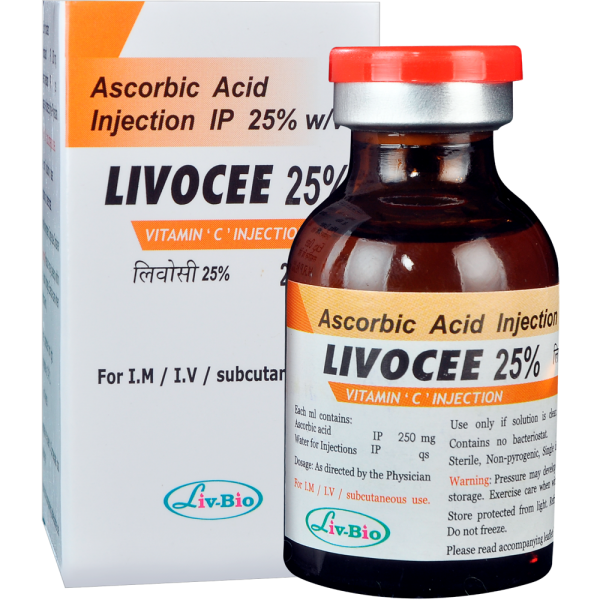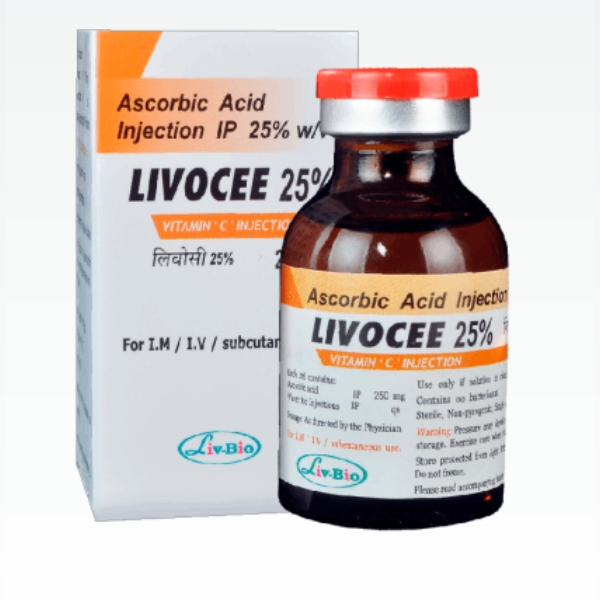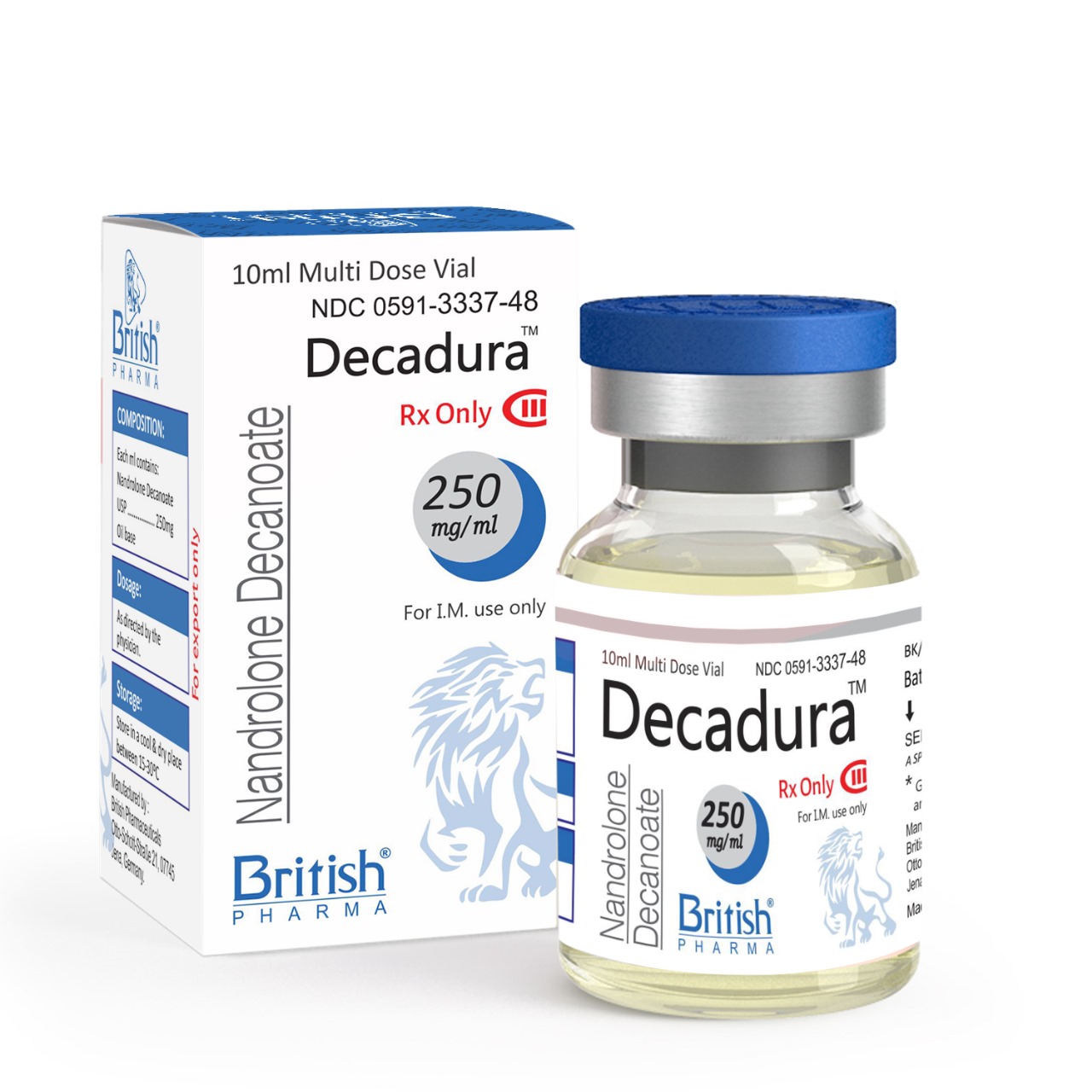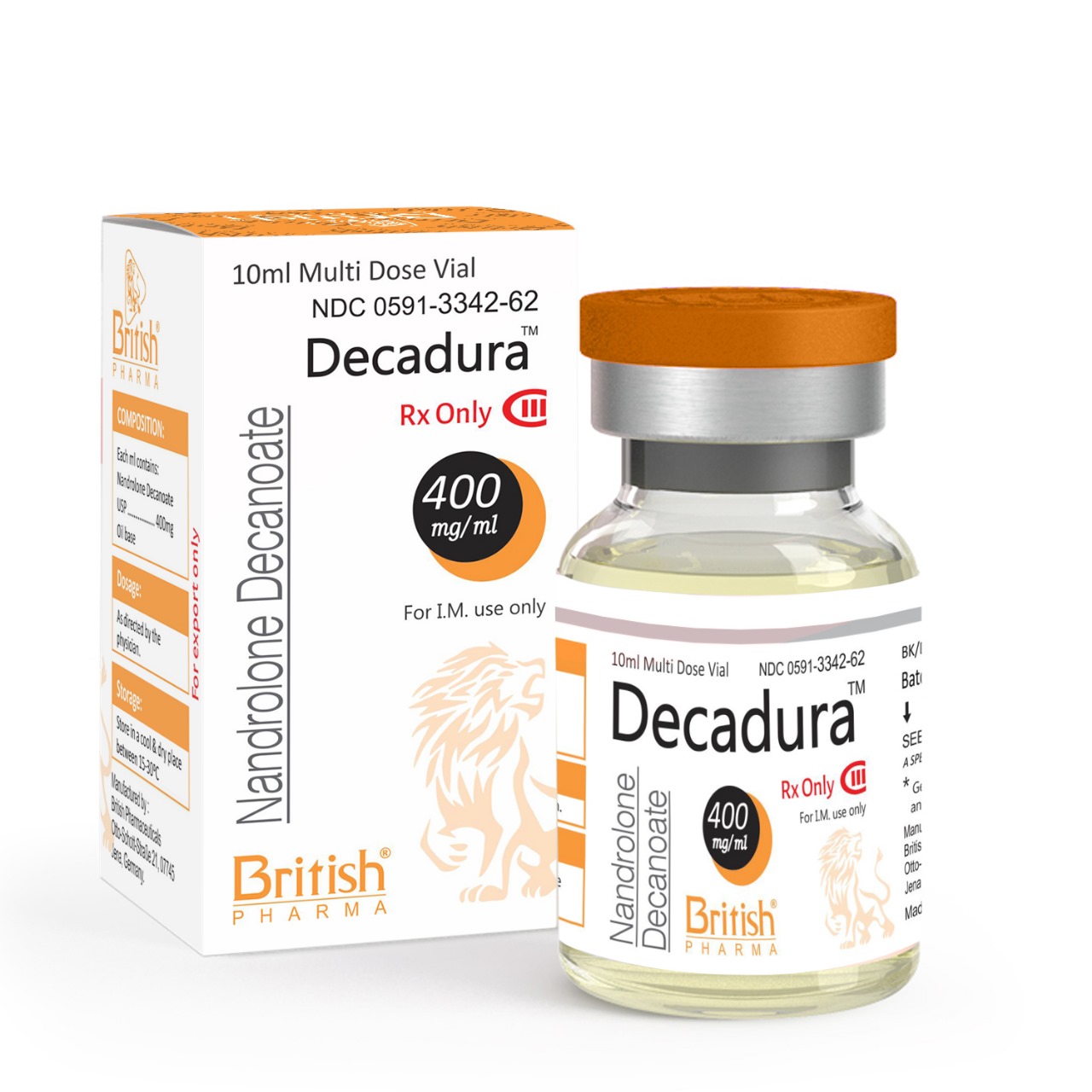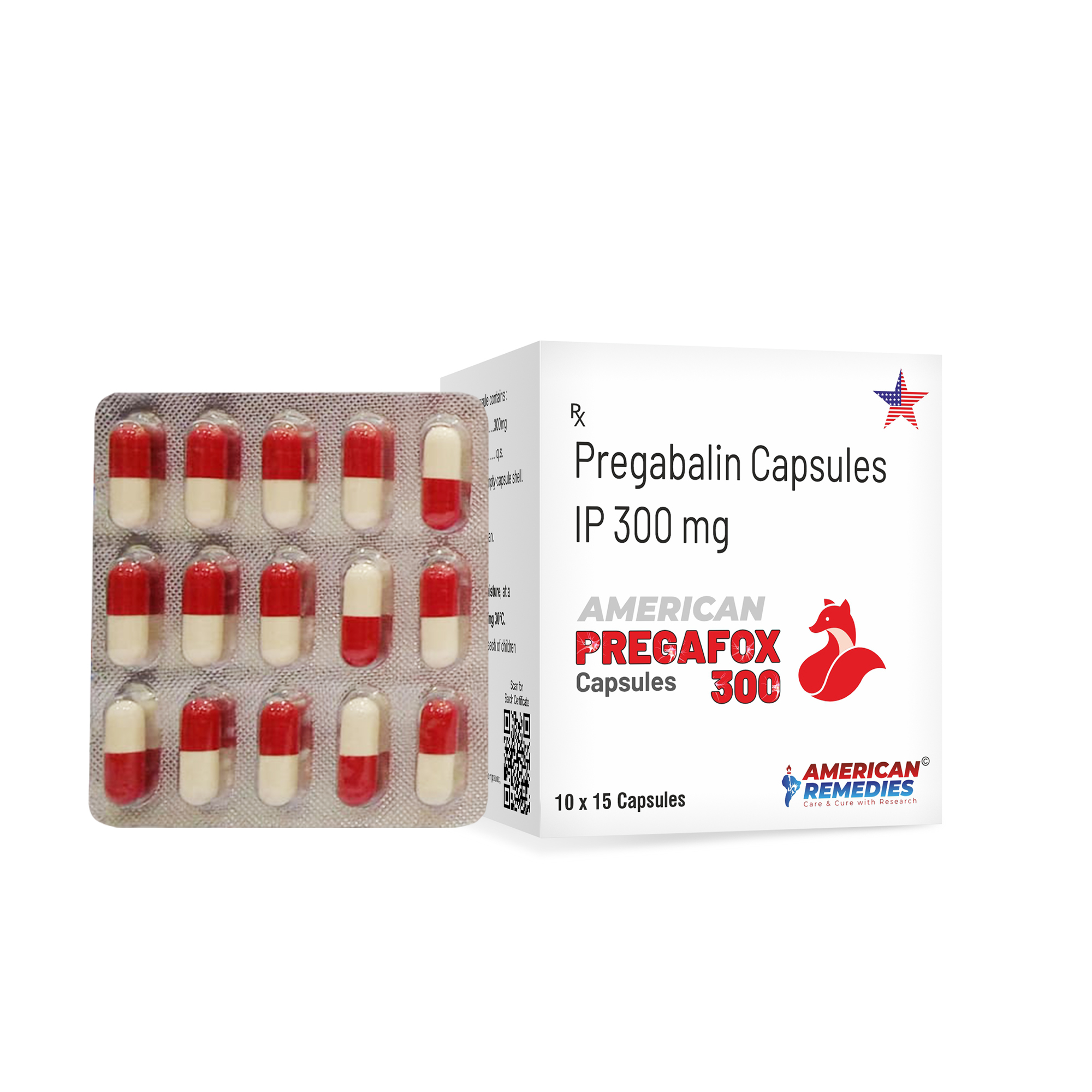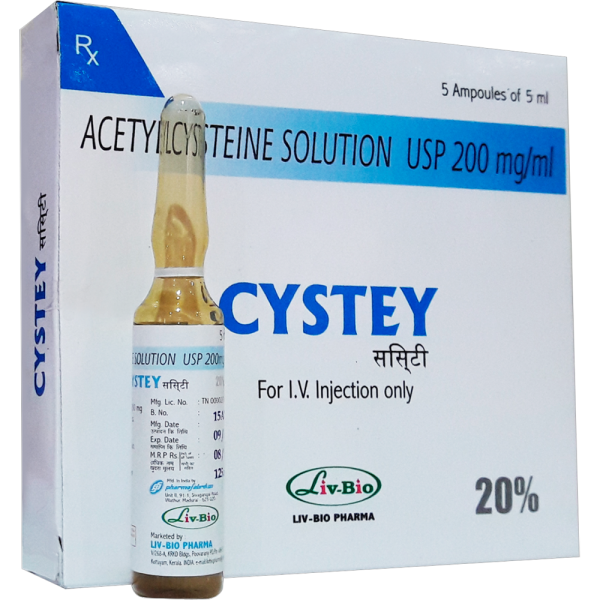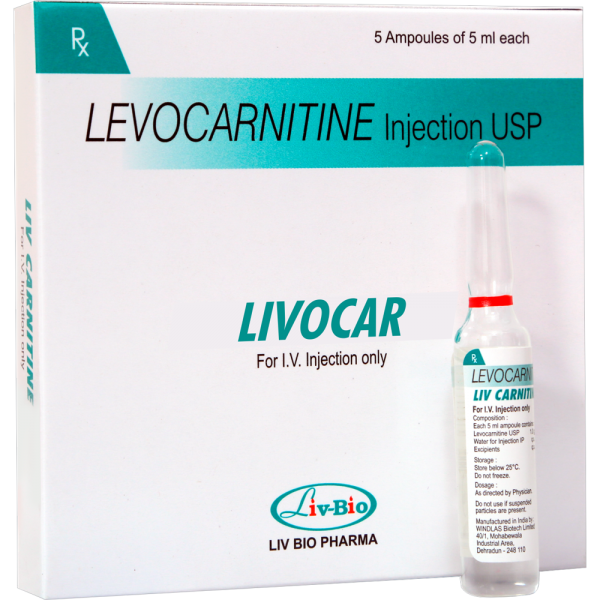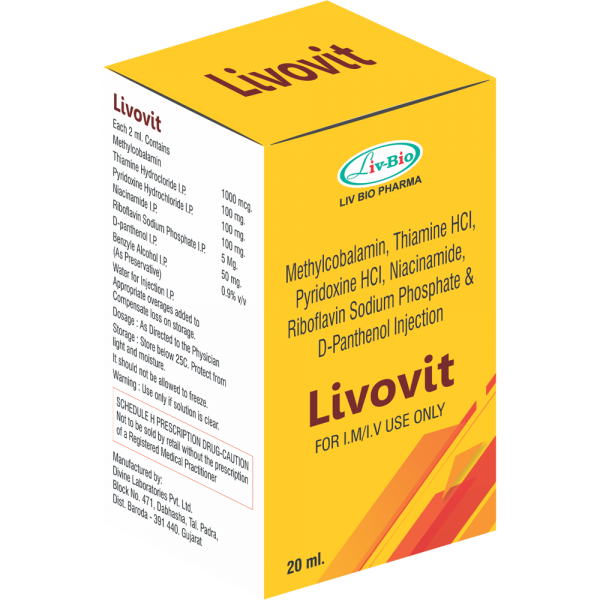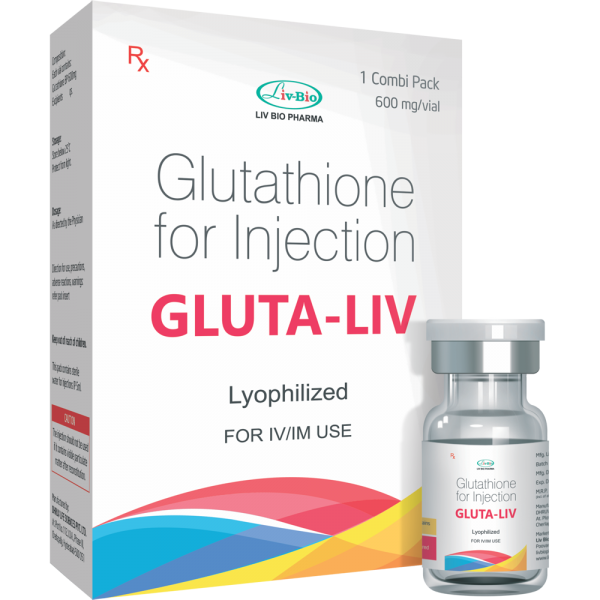Ascorbic Acid Injection (Vitamin C Injection) is a sterile, injectable form of Vitamin C (ascorbic acid), used in medical settings where high or immediate doses are needed, or when oral intake is not possible. 🔹 Main Uses of Ascorbic Acid Injection: 💉 Treatment of Vitamin C Deficiency / Scurvy When dietary intake is inadequate or absorption is impaired. Symptoms: fatigue, swollen gums, joint pain, poor wound healing. 🛡️ Immune System Support Supports immune function in infections, post-surgery recovery, or critically ill patients. 🩸 Iron Absorption Enhancement Given with iron supplements to improve iron absorption in patients with iron-deficiency anemia. 🔥 Wound Healing & Collagen Production Enhances tissue repair after burns, trauma, or surgery. 🧬 Antioxidant Therapy Reduces oxidative stress in conditions like sepsis, cancer, and chronic diseases. 🧪 Adjunct Therapy in Cancer (Experimental) High-dose IV vitamin C is studied as a supportive treatment in cancer therapy (under specialist care). 🧼 Detoxification Occasionally used as part of detox protocols in heavy metal poisoning or drug toxicity. ⚕️ Critical Illness Support Used in ICUs for patients with infections, sepsis, or acute respiratory distress syndrome (ARDS) as part of antioxidant therapy. 💉 How It’s Given: Usually IV (intravenous) for quick absorption, or IM (intramuscular). Dose depends on the clinical situation—can range from standard supplementation to high-dose IV therapy. ⚠️ Precautions & Side Effects: Generally safe, but high doses may cause: Kidney stones (especially in those with kidney issues) Diarrhea or stomach upset Hemolysis in G6PD-deficient patients (rare but serious) Regular monitoring may be needed in high-dose or long-term therapy.
Send Message